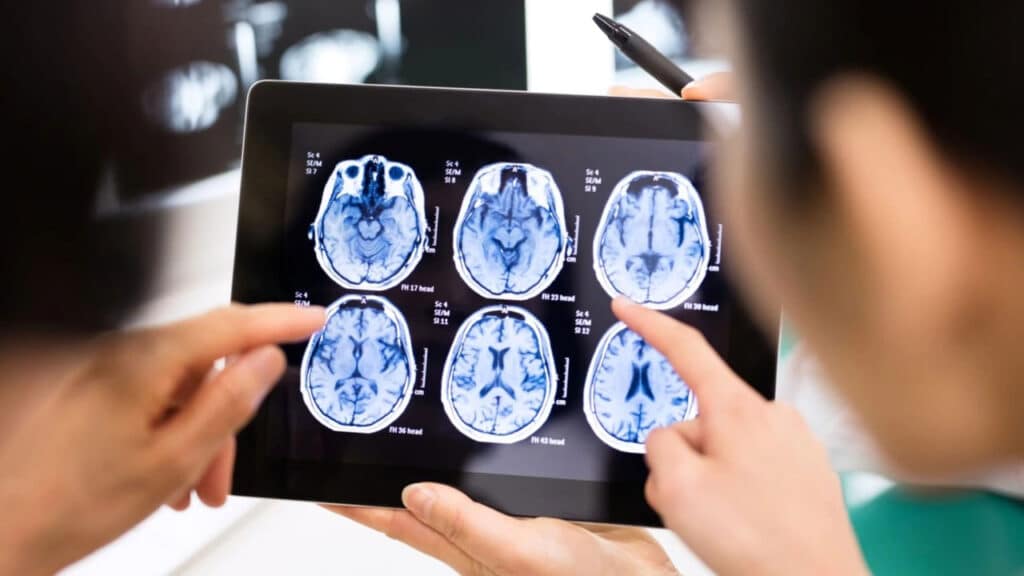It’s all very well saying we want to take care of brain health, but do we know what brain health actually means? The brain is a very complicated organ responsible for a lot of different roles in the body. How do we define a healthy brain, or assess when it goes wrong?
Every organization seems to have a different definition of brain health, from the CDC to the AHA (https://www.bmj.com/content/371/bmj.m3683). They all make some general sort of statement about brain function and your brain being able to perform in an average way so you can live an ordinary sort of life, but there’s a lack of specifics.
That’s partly because we don’t know the specifics. There are few parts of the body that are as hard to understand as the brain. We’re not entirely sure about the different mechanisms that allow it to control not just our physical state, but also our mental and emotional states. That means our tools for assessing when something has gone wrong are limited. And when we struggle to know what is a healthy baseline for the brain or how to measure its function, it’s very hard to know how to treat any dysfunction.
Traditionally, questionnaires form an important part of assessing mental state. They may be conducted by a professional, or you may fill them in yourself. Of course, this involves a high degree of subjectivity. It requires the person being evaluated to be completely honest about difficult subjects and possess a certain amount of self-awareness and insight. You also need a clinician who doesn’t let their own biases impact their perception, which is much more difficult than it sounds.
You’d think that modern brain imaging techniques would allow a clearer and more objective picture. If you look at the brain in an MRI, CAT scan or PET scan, you can see if its actual physical structure is the right size and shape or has any injuries, or you can assess its functioning by looking at how blood flow and electrical signals travel through and make important connections. Neuroimaging has come a long way in recent years, but it can’t show everything, and we still don’t understand everything we do see.
We’re realizing how important brain health can be, but treating it properly means continuously improving our limited understanding of how the brain works.




